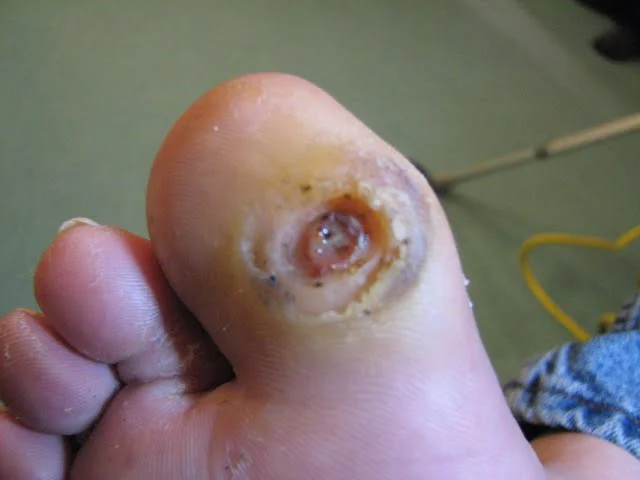
Temporomandibular joint (TMJ) disorders affect the jaw joint and the muscles around it, causing pain or discomfort. The TMJ functions as a hinge that connects your jawbone to your skull. When the TMJ doesn’t function properly, it can significantly disrupt your daily life. Here are the causes of TMJ disorders and their symptoms to help you take the proper steps to address the problem:
What Are the Causes?
TMJ disorders can have various causes, which can differ depending on the individual. Trauma, such as a direct blow to the jaw, may damage the joint or surrounding tissues. Misaligned teeth or jaws can also cause TMJ issues by putting uneven stress on the joint.
Grinding or a clenched jaw may result from tension and can contribute to joint wear over time. Medical conditions like osteoarthritis, which affect joint tissues, can cause inflammation around the TMJ. In many cases, the exact cause isn’t clear. Multiple factors, such as tension and arthritis, work together to cause joint pain and discomfort.
What Are the Symptoms?
The symptoms of TMJ disorders can vary, but they typically include pain or difficulty with jaw movement. Some people may experience tenderness in their jaw, especially in the mornings, if they tend to clench their teeth. Some may hear clicking or popping sounds when opening or closing their mouths; these sounds are typically not a problem unless they are accompanied by pain.
Headaches, similar to tension headaches, are typical symptoms of TMJ disorders. Discomfort can also spread to the neck, shoulders, or ears, which can make it hard to identify where the pain is coming from. For some, chewing or speaking may worsen their discomfort. The jaw might feel stiff or even lock, limiting movement. Some people notice their bite feels off or misaligned, making it uncomfortable to eat or speak.
When Should I Get Help?
Knowing when to seek professional help for TMJ disorders is important for managing the condition before it gets worse. Mild jaw discomfort that comes and goes may not need immediate attention, as such symptoms may improve on their own. If the pain is persistent or worsening, it’s a sign that you should get evaluated.
If your jaw locks and prevents normal movement, see a specialist promptly. Chronic issues like frequent headaches or ear pain that don’t respond to typical treatments could be signs of TMJ dysfunction. A pain specialist can assess your condition to determine if you have a TMJ disorder. Identifying the cause allows for targeted treatment, which may include therapy, lifestyle changes, or other options.
Treat TMJ Disorders Today
TMJ disorders shouldn’t interfere with your daily life for long periods. Pain clinics offer various diagnostic and treatment options to find and address the root cause of TMJ problems. Experts at these clinics specialize in conditions involving joints, muscles, and related systems, so they’re able to handle even complex cases. If jaw pain, headaches, or other symptoms are affecting your routine, contact a professional for help. A pain clinic has the tools and expertise to help you understand your condition and explore possible treatments. Book a consultation today to manage your symptoms.





